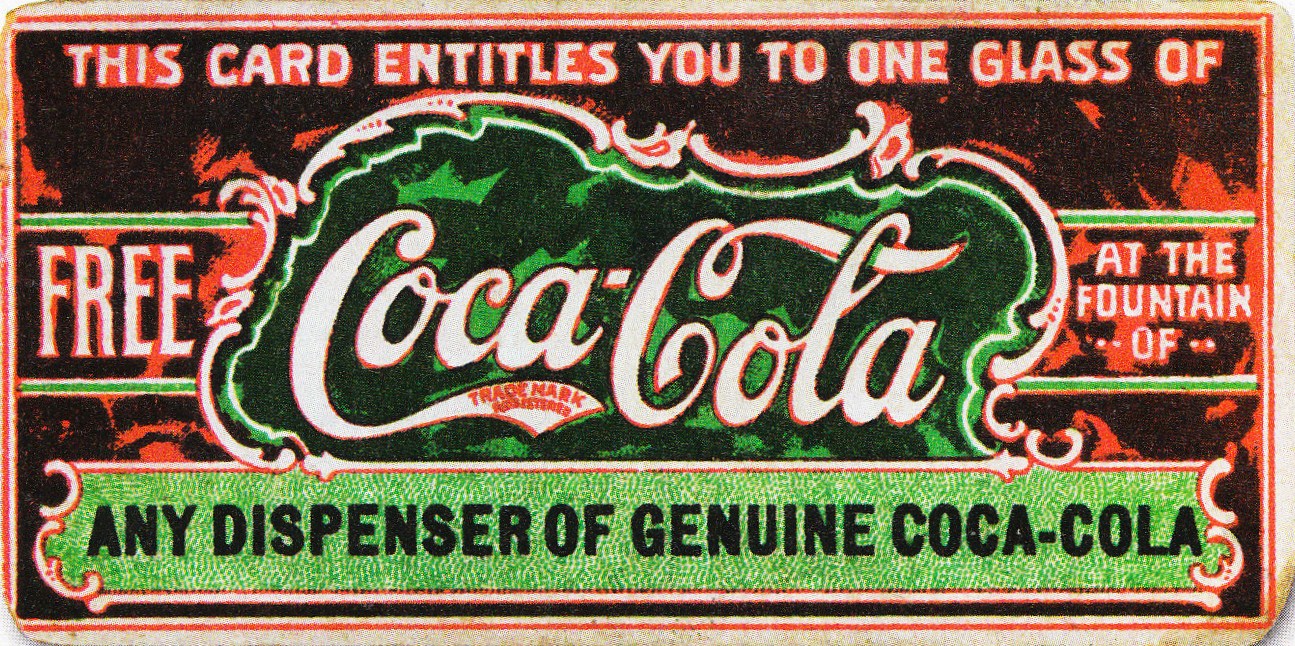 |
| Las Meninas, Velasquez |
"If we believe we are determined, why should we follow any moral action, or any course of action at all?"
I would say this isn't an ought question. We simply can't behave otherwise. Our brains are not powerful enough to unravel every last influence on our actions. Sure, we do this to a degree, and it can be quite helpful. But it's ultimately a kind of rabbit hole. Douglas Hofstadter likens consciousness to an infinite loop, such as a picture in a picture in a picture, etc. He describes consciousness as a process of feedback loops of increasing complexity.
My favorite example he uses is what he calls a "Hunecker" scale ("Huneckers" being something like souls), in which zero is an object with no feedback awareness (a rock, a stick), and 100 is an object with total feedback awareness (God, a super-alien). He then describes the feedback mechanism in a toilet ballast as being a one on the Huneckers scale. A tree might be a 42, a human a 61. (His book I Am A Strange Loop goes into a dizzying array of suggested allegories for the mechanism of consciousness.)
This makes a lot of sense to me. After all, as soon as we take notice of our thoughts, they become things already thought. We simply cannot determine what we are thinking in the moment. We can notice memories, which in turn determines future thoughts. But at a basic level we are in an endless state of reaction.
Which makes a lot of sense, right? Especially considering that when we are not conscious, we are certainly in a state of complete reaction.... my daughter (4) just showed me her painted fingernails. They were pretty badly smudged, and I suggested we find some nail polish remover to clean them up. Where did this thought come from? How much was I aware of all the ways I could have reacted? No, I simply went with what "came to mind".
And even in our most contemplative moments, aren't we simply searching for what "comes to mind"? We won't possible know where the thought originated, or, from what it has been built - they were likely billions of pieces to it - a conversation with a classmate back in college, the way a dog barked at me when I was a child, a book I read a couple of months ago, the way my wife smiled at me this morning, a commercial I watched last night, etc., etc.
Only an entity with a Hunecker score of 100 would know every input, much less then process that information and adjust to it in a way that aligns with an entirely different set of connections. What is basically happening is an infinitely (at least as far as we are aware) large set of reactive stimuli from within and without the world, and then the conscious experience of "noticing" what we can of those stimuli, as well as then noticing what we can of the infinitely large set of connections we make internally.
Consciousness has been likened to the tip of an iceberg, the depths of which are far more vast, yet largely out of reach. Maybe a better metaphor would be a fast moving river current, only a small area of the surface we can at any given moment see and feel.
So it is simply impossible to know how we are determined. We can guess, and know some of it, but most will always be far beyond our grasp. And yet we are creatures built to act. As an existential youth, having thrown away all previous conceptions of God or the universe I could, I despaired that there was no point to existence - the classic existential conundrum.
I still remember where I was when I took this recognition to its logical conclusion. I was living with a girlfriend at the time, and I sat down on the chair in her bedroom, realizing that if there was no reason for anything, there could be no reason for me to act. I then realized that I should not even be using my muscles to sit. I rolled down onto the floor and lay still, listening to the sound of my own breathing.
This was it. My body was breathing - to stop it would be to make a decision, and what point was there in that? I would lay there and starve. Catatonic. That seemed the only reasonable solution.
Of course, my girlfriend, who was out at the time, would return home, beg me to get up. And why would I?
Which is when it hit me: because of her. I loved her. And what was that love? I didn't know. There was so much I didn't know. How was I to lay down on the ground, only 18 years old, and give up on something so mysterious as life and consciousness? And there was so much going on in the larger world. I was relatively lucky to have a floor below me, a roof above me, in one of the most wealthy countries on Earth.
Maybe there wasn't an ultimate reason for anything. But in a weird way, that gave me a reason; what I didn't know - my lack of consciousness - gave me a reason. In the end, making a decision to do nothing was just as much a decision as a decision to do something, regardless of whether a reason existed.
My task was then to create meaning. Which I like to think I have been doing ever since. I have to. I can't not create meaning. To decide not to is itself only another form of creating meaning. (I'm reminded of religious fundamentalists who feel that the only way to not be led astray by selfish reason is to strictly adhere to original texts. Of course, these have generally been complied by less than perfect sources, and are themselves subject to interpretation, i.e. are they really saying what they appear to be saying?)
So an acceptance of determinism is an update to the process of meaning making. Rather than making meaning myself, I now see myself as little more than a conduit for society at large. This doesn't excuse me or anyone else, it merely explains us. We simply do the best we can and hope for the best.
To those who would say this allows one to excuse oneself from responsibility, I would reply that any moral code is only as good as the individuals who adhere to it. Just because I believe my code was determined, I am not given an excuse to break it. The fact that I know it, and accept it, does not allow me to dismiss it. For instance, a pianist who learns the notes to a new piece of music understands that he only knows them because he had learned them, also knows that if he plays them wrong - breaks their musical "code" - he will no longer be playing the same song. Knowing the laws of gravity does not allow me to break them.
There is a cause and there is an action. I accept that stealing is wrong because it will harm another. I also accept that I know stealing is wrong because I have thought about it, and understood the argument, the pieces involved in its logic. If I steal, whether or not I believe I have been determined to find it wrong, the results will still be the same - someone will be hurt. And I will be to blame, in the sense that I will have broken a moral code.
















